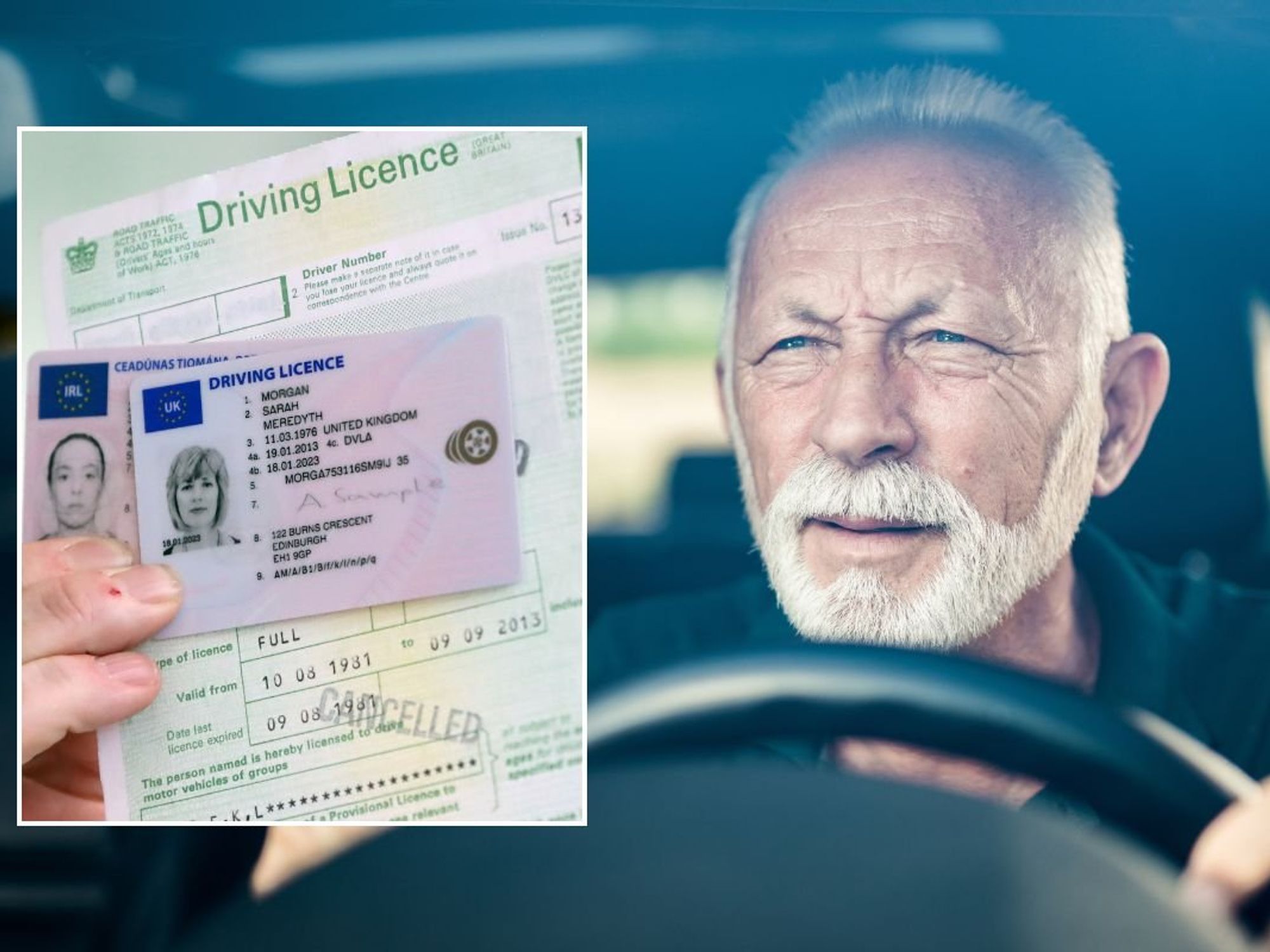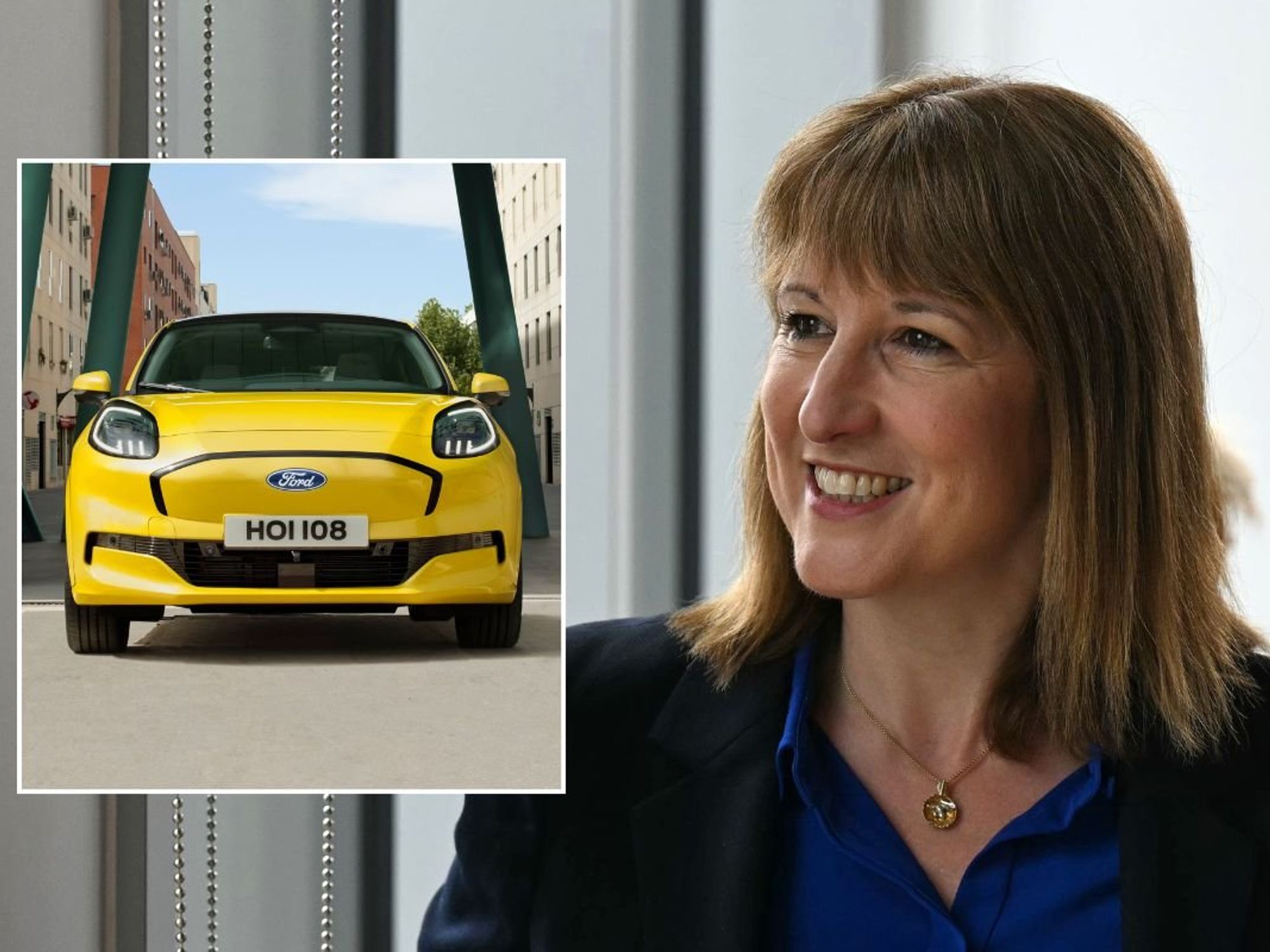Drivers facing 'poll tax on wheels' as councils set to introduce green levy on workplace parking spaces
Motorists could be charged up to £1,000 a year under the proposals, which are being mulled over by 12 councils in England
Don't Miss
Most Read
Latest
Drivers could be charged up to £1,000 a year for driving to work under the latest wave of green initiatives under the consideration of town halls across the UK.
"Workplace parking levies" are being mulled over by more than 12 councils across England.
The plans are, officials claim, designed to curb traffic and thereby reduce pollution, while contributing to the public coffers for public transport initiatives.
The motoring organisation the RAC described the move as a "tax on going to work".
While the AA labelled the plans a "poll tax on wheels" which would simply "raid workers' pay packets".
Under the proposals, city-centre firms would be charged up to £1,000 per year for every parking space they have.
But motoring organisations have suggested that this charge will simply be paid for by staff.
They went on to say, that under the current business rates arrangements, firms already effectively pay for their parking spaces as they're adding value to their premises.
Nottingham is the only city in England in which these measures have already been introduced. The East Midlands city has seen more than half of the costs of this measure passed on to staff.
The levies, uncovered by a Daily Mail audit, are being considered in Bath, Birmingham, Brighton, Bristol, Cambridge, Colchester, Leicester, Luton, Norwich, Oxford, Warrington and the London boroughs of Hounslow and Camden.
It's in Cambridge and Hounslow that the councils are proposing to charge the most per space per year – up to £1,000.
Bristol council are eyeing up a £400 per year charge, whereas Leicester are potentially looking to charge £550 per space.
The AA said introducing the charge across the UK would have the most profound impact on the lowest paid.
AA Spokesman Luke Bosdet said: "The levy is really just a poll tax on wheels that not only raids workers’ pay packets, while trying to place the blame on employers, but hits the lower-paid hardest.
"Councils try to justify this tax as a way of raising money for their pet transport projects."
RAC’s roads policy chief, Nicholas Lyes said: "The cost will almost certainly be passed down to workers, so in effect it becomes a tax on a person going to work.
"This especially affects lower-paid workers who may not have any other way of getting to work."
A Greater Cambridge Partnership report estimates a charge of £1,000 per space per year would generate £13million.
Hounslow believes it could generate between £44million and £95million over 25 years.
A spokesman for Leicester City Council said the plan meant the council "could plan for long-term transport investment".
Oxfordshire County Council claims it is "still working on proposals to introduce a workplace parking levy in Oxford".
A Bristol City Council spokesman said: "No decisions have been taken on whether to introduce a levy or not."
A spokesman for Brighton and Hove City Council said that it is mulling over "a wide range of possible measures" to "help increase the use of public transport".











